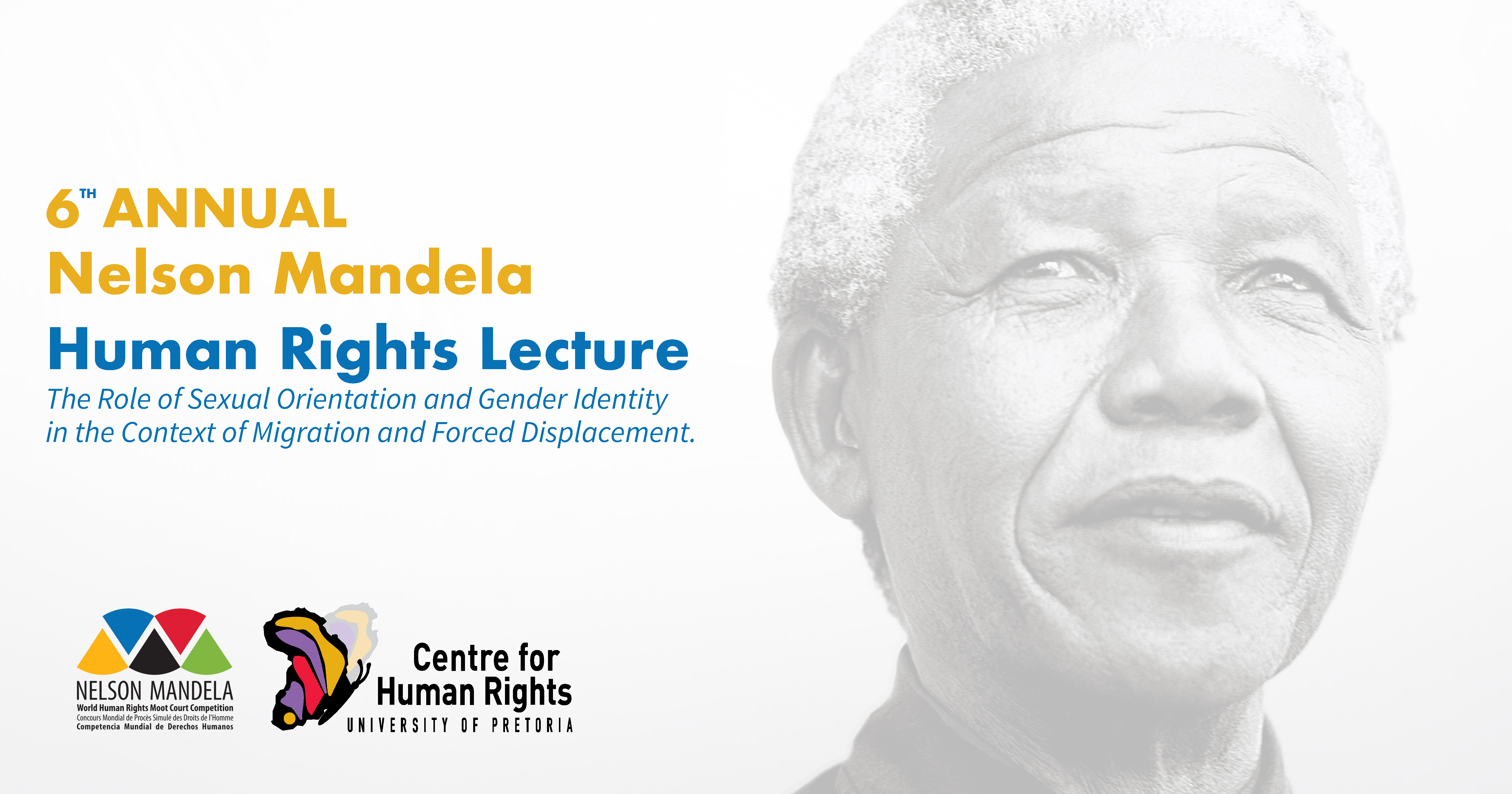Sexual orientation and gender identity have increasingly become critical issues in the discourse about migration and forced displacement. Individuals identifying as LGBTQ+ often face persecution, discrimination, and violence, prompting them to seek asylum or refugee status in other countries. This lecture will examine the intersection of sexual orientation, migration, and international human rights law, specifically focusing on the practical realities of seeking asylum, the implications of recent United States policies on transgender individuals, and the challenges faced by African LGBTQ+ refugees who are unwelcome in both first and third-world countries yet persecuted in their homelands. The theme for the lecture will be: “The Role of Sexual Orientation and Gender Identity in the Context of Migration and Forced Displacement.”
A fundamental aspect of LGBTQ+ migration is the recognition of sexual orientation and gender identity under international refugee law. The 1951 Refugee Convention defines a refugee as someone who has a well-founded fear of persecution based on race, religion, nationality, membership in a particular social group, or political opinion. Over the years, courts have increasingly recognised LGBTQ+ individuals as part of a persecuted “social group”, thereby granting them asylum in various jurisdictions. Landmark cases have established crucial precedents, yet LGBTQ+ asylum seekers continue to face challenges such as credibility assessments and cultural biases in host countries.
Another critical issue is the impact of restrictive immigration policies, particularly those enacted during the Trump administration, with Executive Orders limiting asylum protection for transgender individuals, making it more challenging for them to seek refuge in the United States. The rollback of protection potentially exposes many LGBTQ+ migrants and refugees to heightened legal and social vulnerabilities. These policies also potentially increase risks for transgender individuals, who already face discrimination and violence in numerous parts of the world.
LGBTQ+ refugees from Africa experience heightened vulnerability as many African countries still criminalise homosexuality. Those escaping persecution often encounter hostility in developing nations influenced by strong cultural and legal biases. Numerous African states persist in implementing strict anti-LGBTQ+ legislation, compelling individuals to seek refuge in areas where acceptance and protection are still markedly limited. The involvement of host nations and international organisations is vital in offering legal pathways and humanitarian aid to these individuals. However, significant efforts are still required to guarantee their safety and inclusion.
To tackle these intersecting issues, it is essential to investigate:
- How can legal protection for LGBTQ+ refugees within the international human rights framework be strengthened?
- How does sexual orientation and gender identity intersect with other factors (such as race, nationality, sex/gender) in the context of migration and forced displacement?
- How can non-discriminatory immigration policies in host countries be advocated for to ensure equal treatment for LGBTQ+ asylum seekers?
- The role of civil society and international organisations in securing access to justice for displaced LGBTQ+ individuals?
